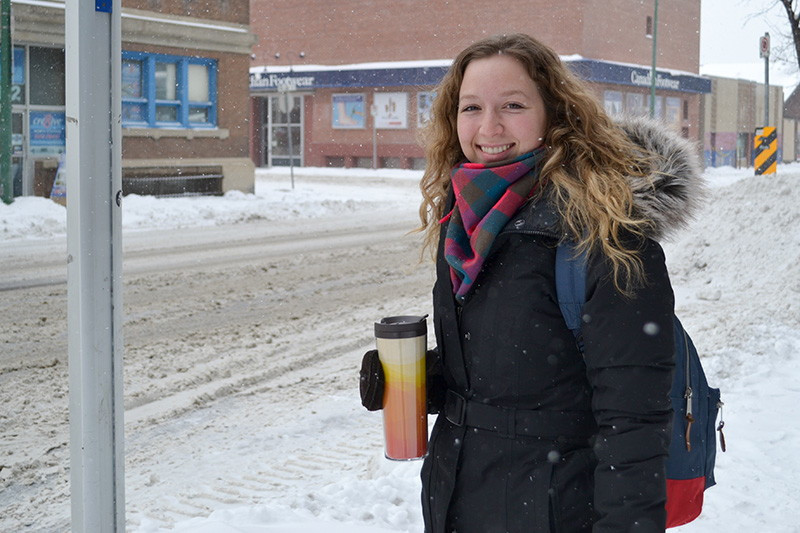Unwanted attention on Winnipeg women
Hollaback! Winnipeg’s study shows street harassment is a major problem
Street harassment against women and the LGBT community in Winnipeg is a big problem, and a local organization aiming to end it says it has proof.
According to a recent survey by Hollaback! Winnipeg, more than 60 per cent of those surveyed say they’ve been harassed on the street at least once a month or more.
“We know that street harassment is a big deal, but people always brush us off,” said Jodie Layne, founder of Hollaback! Winnipeg, the local chapter of Hollaback!, an international movement to end harassment of women.
Hollaback! Winnipeg surveyed about 300 people using online surveys, canvassing and focus groups to find out how prevalent street harassment really is in Winnipeg.
The survey revealed 63 per cent of people self-identifying as female, genderqueer or trans experience street harassment at least once a month, and 94 per cent have been the victim of sexual harassment at some point.
“We wanted data to prove that it really is an issue,” said Layne.
Honking, whistling, leering and comments about the victim’s body were the most common forms of harassment, according to the survey.
“It’s a fairly major problem,” said Lexi van Dyck, a fourth-year women and gender studies student at the University of Winnipeg.
“It’s something that makes myself, and other women, and other people who are perceived as women, feel really uncomfortable in public spaces.
“It’s a way of expressing power over someone, of exercising a perceived right of men to comment on women’s bodies,” she said.
“ We wanted data to prove that it really is an issue.
Jodie Layne, founder, Hollaback! Winnipeg
Van Dyck believes discussions about how to interact with opposite genders and how to avoid being oppressive should take place in elementary, middle and high schools.
This would help eliminate street harassment, she said.
“Lots of women feel uncomfortable calling people out on it because they’re not sure how to go about addressing their feelings that maybe this isn’t as much of a compliment as people are telling them that it is,” said van Dyck.
“It’s not a compliment and you don’t have to feel as though it is.”
As a former University of Winnipeg student, Taylor Cole has spent a lot of time riding buses downtown.
One afternoon, Cole watched a man walk onto the bus and approach a young woman. He put his face only a couple inches in front of her face.
“He looked like he was going to kiss her,” said Cole.
The woman got off the bus and the man then walked up to Cole. With his face only inches from hers, Cole was so distracted by him talking about how he never beat his ex-girlfriend that she missed her stop.
Sarah Corley, another former University of Winnipeg student and dance teacher, has had similar experiences.
“It … stresses you out and makes you feel like you have to run away,” said Corley.
“I always don’t know what to say and I want to be polite, but I wish someone else would be like, ‘Leave her alone,’ or something.”
Published in Volume 67, Number 24 of The Uniter (March 21, 2013)







